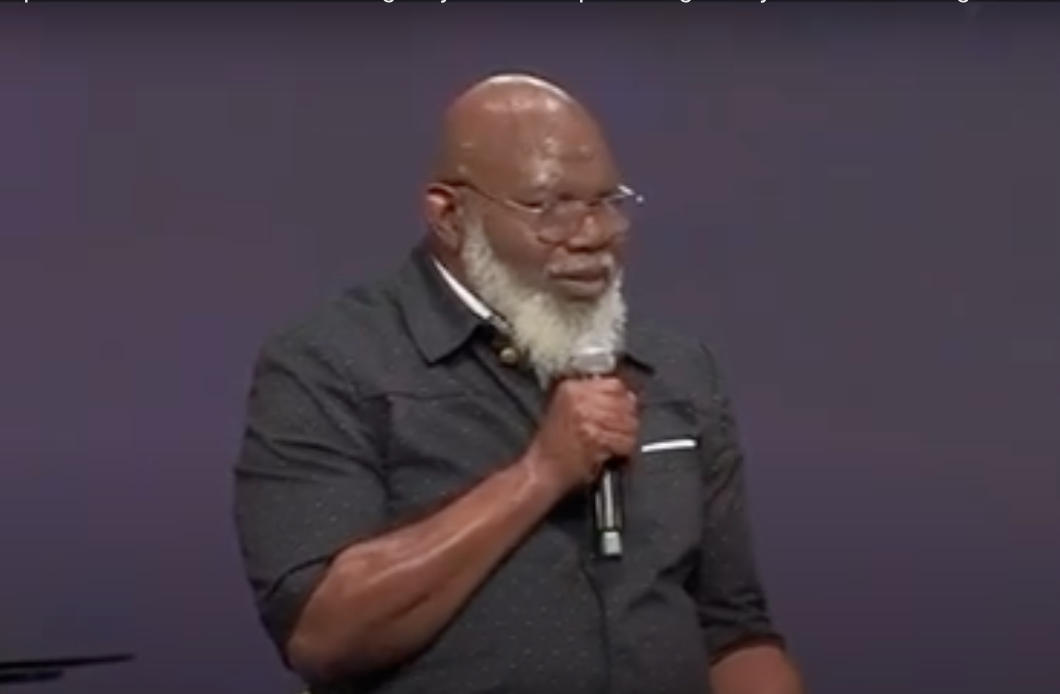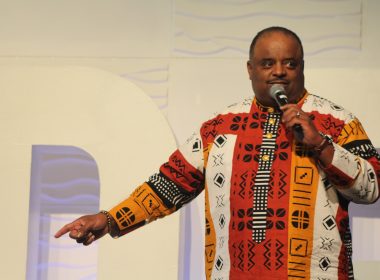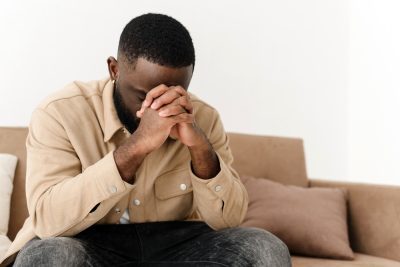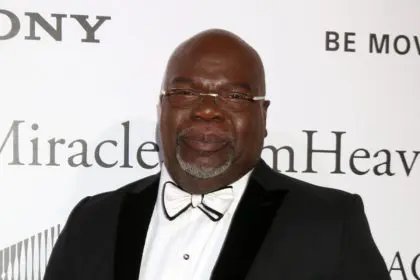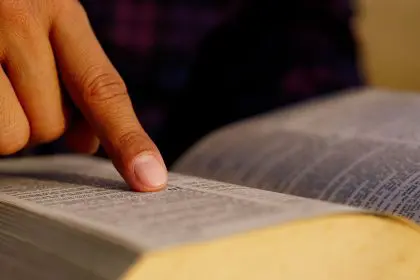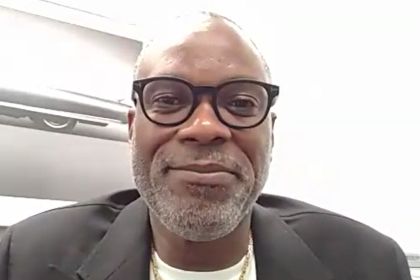In a bold move to protect his decades-long ministry and reputation, Bishop T.D. Jakes has filed a defamation lawsuit against Pastor Duane Youngblood, confronting allegations that have sent shockwaves through faith communities nationwide.
The lawsuit, filed Nov. 15, comes in response to Youngblood’s shocking claims made during Larry Reid Live on Oct. 27, where he alleged inappropriate conduct by Jakes during his late teenage years. Rather than privately settling the matter for Youngblood’s demanded $6 million, Jakes chose to address these allegations head-on through legal channels.
These allegations strike particularly deep for many who grew up watching Jakes transform from a storefront preacher to a global faith leader. His influence spans beyond Sunday morning services, reaching into publishing, film production and real estate development – establishing him as more than just a religious figure but a cultural cornerstone.
The legal documents paint a picture of calculated harassment, with Jakes’ attorneys describing a coordinated scheme designed to inflict maximum damage to their client’s reputation. They emphasize that these accusations have caused significant emotional and spiritual distress to the bishop, whose ministry has touched millions over three decades.
Important context surrounds Youngblood’s background: he is currently on parole in Pennsylvania and is a registered sex offender. This detail adds complexity to the situation, as Jakes’ legal team suggests these allegations may be motivated by personal gain rather than truth-seeking.
Jakes’ response to the situation demonstrates a careful balance. While vigorously defending his reputation, he maintains support for abuse survivors, emphasizing that victims deserve respect and support, while false accusations diminish their experiences and credibility.
The implications of this case extend beyond personal reputations. It raises crucial questions about accountability, truth-telling and the responsibility of leadership within faith communities. As social media amplifies both support and skepticism, the case highlights how traditional religious institutions navigate modern challenges to their authority and integrity.
For a generation that witnessed Jakes’ rise from local pastor to international faith leader, this situation represents more than a legal battle — it’s a moment that challenges long-held beliefs about trust, power and accountability in religious spaces.
As this legal process unfolds, its resolution could influence how religious institutions handle similar allegations in the future, potentially reshaping the relationship between spiritual leaders and their communities.

